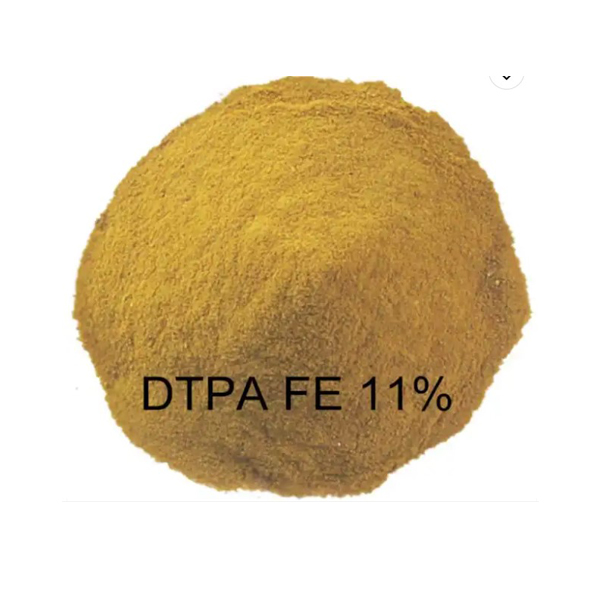
News
heinä . 29, 2024 15:50 Back to list
Exploring Leading Manufacturers of Chelating and Sequestering Agents for Diverse Applications
The Role and Importance of Chelating and Sequestering Agents in Various Industries
Chelating and sequestering agents play a crucial role in many industrial and environmental applications. These specialized compounds are used to bind metal ions in solution, preventing them from participating in unwanted chemical reactions. Their ability to effectively trap minerals and metals makes them invaluable in various fields, including agriculture, pharmaceuticals, food processing, and environmental remediation.
Understanding Chelating and Sequestering Agents
Chelating agents are molecules that can form multiple bonds with a single metal ion. This multi-binding capability allows them to chelate, or wrap around, the metal ions, effectively rendering them inactive. Common examples include ethylenediaminetetraacetic acid (EDTA), citric acid, and amino acids. On the other hand, sequestering agents primarily focus on keeping metal ions in a soluble form, preventing them from precipitating out of solution. Although there is some overlap in functionality, chelators typically form more stable complexes with metals than sequestering agents.
Applications in Agriculture
In the agricultural sector, these agents are essential for enhancing nutrient availability. Many essential micronutrients, such as iron, manganese, and zinc, can become insoluble in soil, making them unavailable to plants. Chelating agents help to keep these nutrients soluble, allowing plants to absorb them more efficiently. For example, chelated iron is widely used in fertilizers to ensure that iron is readily available to plants, particularly in alkaline soils where iron tends to precipitate.
Roles in Pharmaceuticals
In the pharmaceutical industry, chelating agents can be employed for detoxifying patients exposed to heavy metals like lead or mercury. Compounds such as dimercaprol and EDTA are commonly used in chelation therapy to bind toxic metals in the body, facilitating their excretion. Furthermore, in drug formulations, chelating agents can enhance stability by preventing metal-catalyzed degradation, ensuring that medications remain effective longer.
chelating or sequestering agent manufacturer

Food Processing and Safety
Food processing also benefits significantly from chelating and sequestering agents. These compounds are used to improve the quality and safety of food products. For instance, they can prevent the oxidation of fats, which would otherwise lead to rancidity. In addition, these agents are effective in controlling the levels of metals that can contaminate food, such as lead or cadmium, thus playing a vital role in ensuring public health.
Environmental Remediation
In environmental applications, chelating agents are pivotal in soil and water remediation processes. They can help mobilize heavy metals in contaminated sites, allowing for easier extraction and treatment. For instance, ethylenediaminetetraacetic acid (EDTA) is often applied in remediation projects to remove heavy metals from polluted soils and sediments, thus protecting ecosystems and human health.
The Future of Chelating and Sequestering Agents
As industries continue to evolve, the demand for efficient and environmentally friendly chelating and sequestering agents is on the rise. Research is ongoing to develop new, biodegradable agents that can replace traditional ones, minimizing environmental impact while maintaining efficacy. Innovations in this field hold the potential for new applications in nanotechnology, biomedicine, and sustainable agriculture.
In conclusion, the importance of chelating and sequestering agents cannot be overstated. Their capability to bind metal ions provides significant benefits across multiple sectors, enhancing agricultural productivity, ensuring food safety, facilitating medical treatments, and promoting environmental health. As research continues, the development of new and improved agents will undoubtedly play a pivotal role in addressing contemporary challenges faced by various industries.
-
Polyaspartic Acid Salts in Agricultural Fertilizers: A Sustainable Solution
NewsJul.21,2025
-
OEM Chelating Agent Preservative Supplier & Manufacturer High-Quality Customized Solutions
NewsJul.08,2025
-
OEM Potassium Chelating Agent Manufacturer - Custom Potassium Oxalate & Citrate Solutions
NewsJul.08,2025
-
OEM Pentasodium DTPA Chelating Agent Supplier & Manufacturer High Purity & Cost-Effective Solutions
NewsJul.08,2025
-
High-Efficiency Chelated Trace Elements Fertilizer Bulk Supplier & Manufacturer Quotes
NewsJul.07,2025
-
High Quality K Formation for a Chelating Agent – Reliable Manufacturer & Supplier
NewsJul.07,2025
